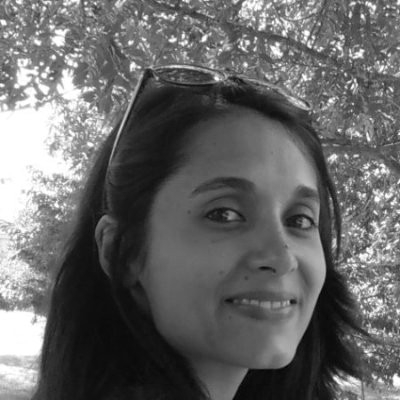Doing fieldwork is an extremely valuable experience for research students and scholars in general, and it has been for me during my time Bosnia and Herzegovina. It taught me many things that research textbooks will never be able to explain fully. It also tested my ability to overcome the practical difficulties that even well thought research designs will inevitably encounter. At the same time, however, a researcher’s arrival in the field comes as an intrusion or – at the very least – an interruption of everyday life to those one sets out to interview, survey or observe.
While doing research for my PhD, spending time in different parts of Bosnia and Herzegovina, and especially in Sarajevo, Zenica and Prijedor, I began to understand how some of these opportunities and challenges presented themselves in this context. Let me start by pointing out that my experience as a researcher in Bosnia has been very positive, by far and large. People have been open to speak to me, and supported my research in more ways than is possible to concisely summarise here. It is thanks to the people I have met that I have come to reflect upon some of the problems in the relationship between researchers and the field.
Here I will just raise some questions that I have asked myself (without necessarily giving answers), which other people might find helpful when thinking about their research. They are quite intuitive, but often overlooked. I believe that many of us would benefit from reflecting more on the ethical implications of our work (at all stages of the research process: before, during and after the fieldwork).
Who was here before me, and what have they done? Many researchers have preceded me in Bosnia, and especially in Sarajevo, since the end of the war. They have covered a lot of ground, and surely we need to be familiar with their work in order to build a good research design. What would also be useful, however, is to understand how they have interacted with the local setting. Whom did they speak to, and how? Where did they go and did they experience any specific problems we should take into account? While these are sensible questions for any researchers doing fieldwork anywhere, they might be especially important for those working in Sarajevo. As I understood while doing interviews, the continued presence of academics might have led to an ‘interview fatigue’ for people that are often targeted as participants, such as NGO workers or activists. Especially during the summer, when BA and MA students join PhD researchers who spend longer periods of time in the field, many organisations dedicate a lot of their time to interviews with outsiders. This leads us to a second question.
Why would people want to speak to us? The fact that NGO workers or activists complained about the amount of time they need to dedicate to giving interviews inevitably made me wonder how research participants perceive my research and my presence in Bosnia. While I might be convinced that I am doing something new and original, the questions I ask might look quite similar to those asked by another PhD student from some University in the US who was here last summer. Why should they repeat their answers to me? On the one hand, this might be related to our inability, as researchers, to effectively communicate the purpose of our research to interviewees. On the other hand, it also opens up questions on the existence of specific incentives for certain groups to present their work to outsiders. To what extent do these incentives inform the interview to the point that they affect our findings? And are there moral obligations for some groups to open up to external scrutiny (for instance if they receive public or international funding)? Once again, rather than giving answers I am inviting a reflection on the purpose of our research from the perspective of the interviewee.
What can we give back to the field? According to many NGO workers and activists from informal groups I interviewed researchers rarely send them the results of their work under any form. This is often mentioned as one of the reasons why they started rejecting interview requests. Researchers should probably do more in order to disseminate their results in the local setting. In addition to sending completed dissertations or books (or in the best case scenario, having them translated), we can participate to public events and give talks, liaise with local researchers or share datasets. Not all options will be available to everyone, but there is always something that can be done. There are a couple of caveats though. First, academia works slowly and good research takes time, therefore there we might have to manage expectations regarding the availability of results and publications. Second, academic studies might take a conflicting stance towards some of the interviewees’ work (and words), or shift the focus away from what they deem most important or relevant. Research after all, is not a do ut des, and exists as such inasmuch as it succeeds in preserving its independence and critical outlook.
Ultimately, it is up to the researcher to find the right balance between these different elements. Especially in an over-researched country like Bosnia, where people are aware of the implications of dealing with researchers, engaging with the local setting more deeply is a necessary endeavour.
Daniela Lai
PhD candidate in Politics and International Relations
Royal Holloway, University of London
Daniela.Lai.2013[at]rhul.ac.uk
@DanielaLai_



